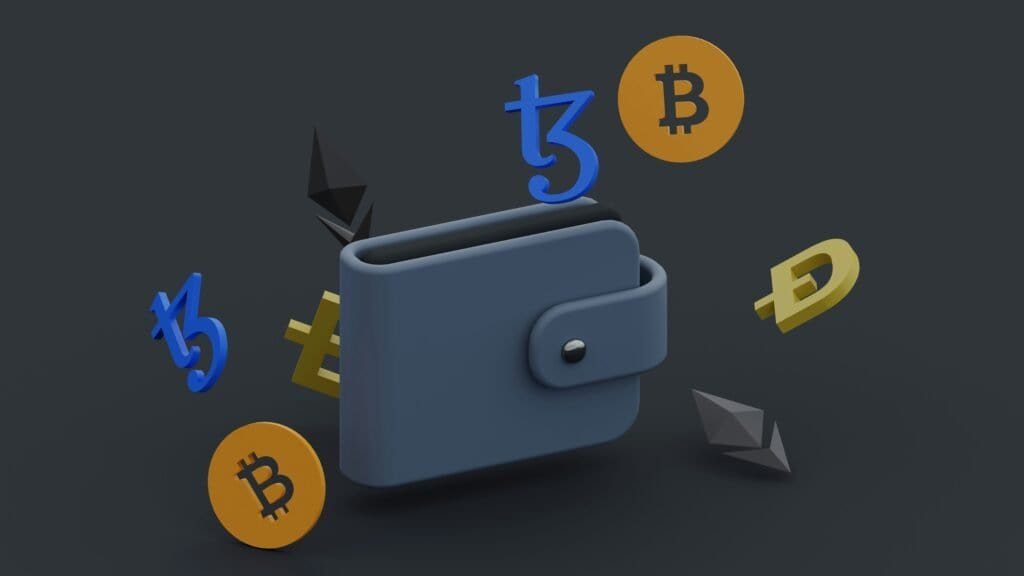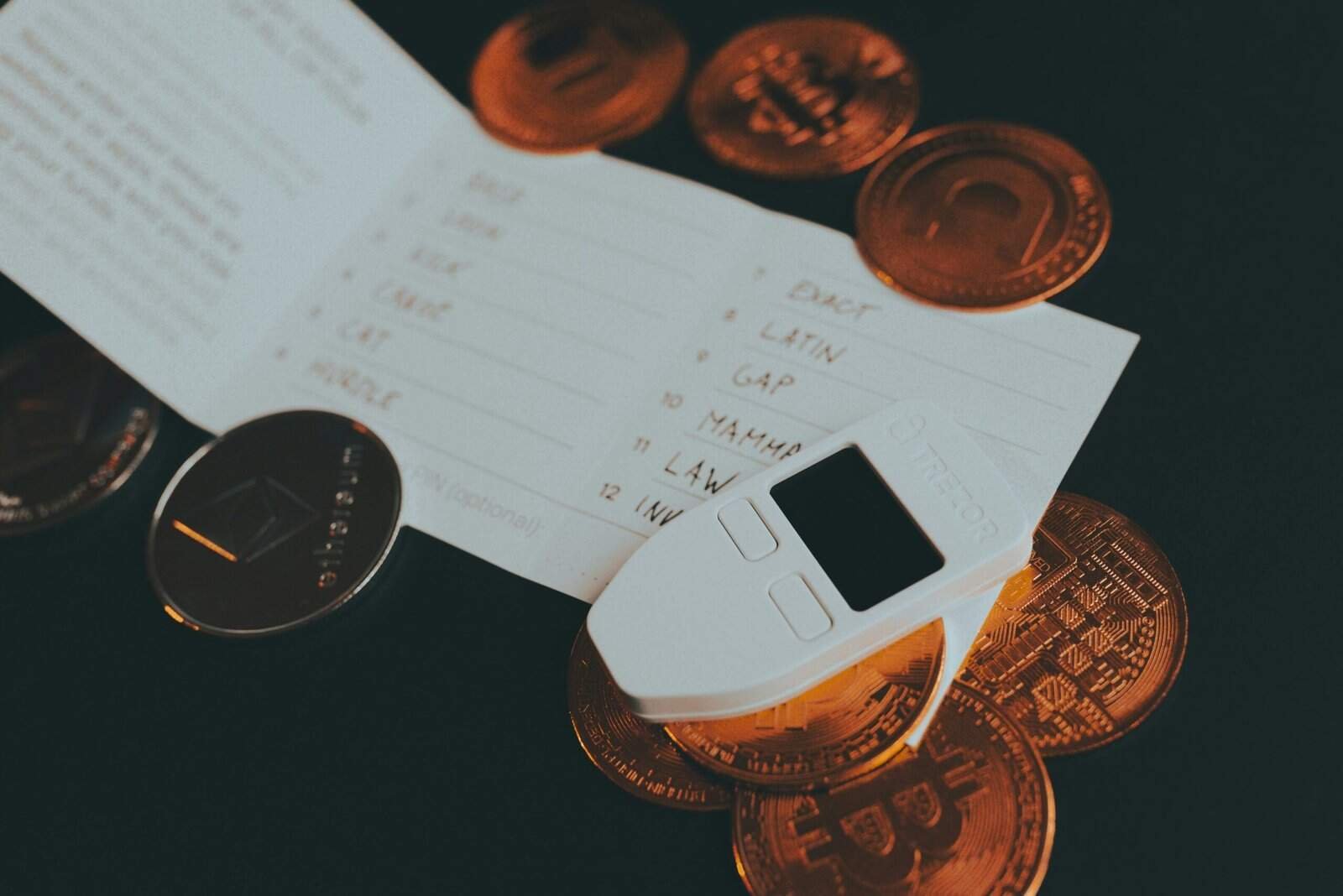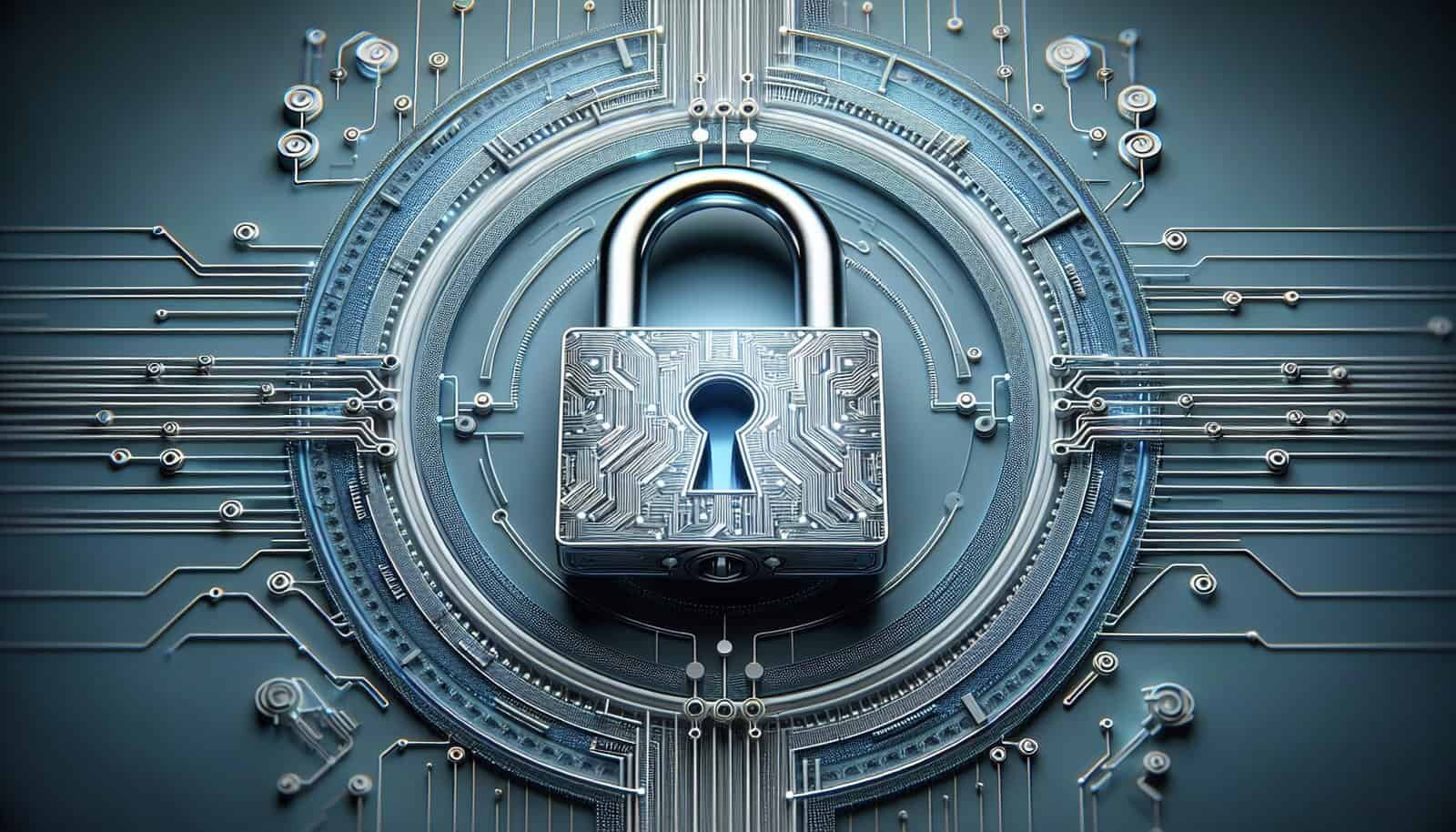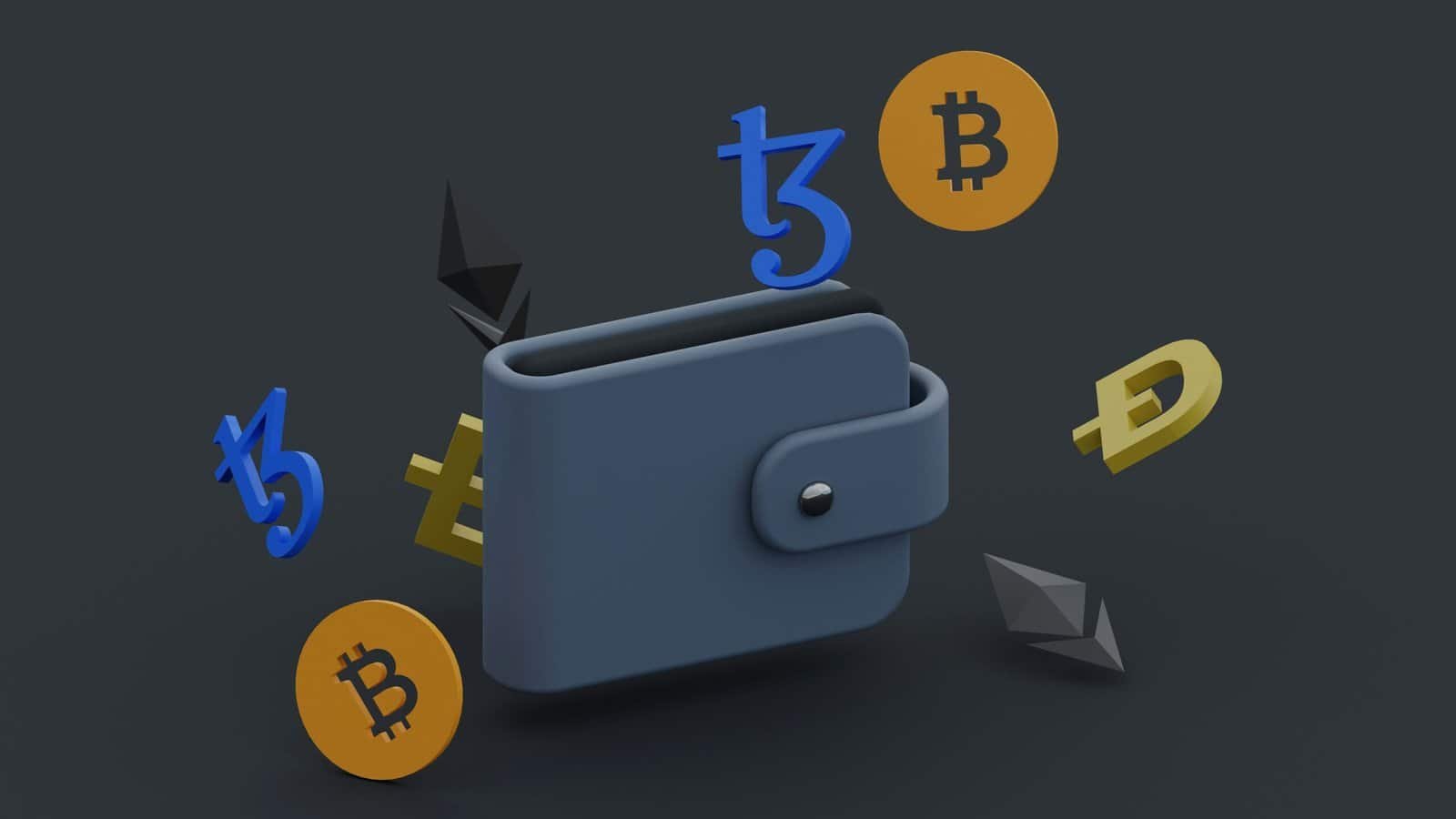Have you ever wondered about the best ways to secure your crypto assets? In the rapidly evolving world of cryptocurrencies, security is paramount. While crypto offers exciting opportunities for financial growth and innovation, it also demands a mindful approach to safeguard your assets. Understanding the different strategies and tools available to protect your investments can provide peace of mind and protect against hacking, theft, and loss.
Understanding Crypto Asset Security
Cryptocurrencies have introduced a new paradigm in finance, offering unparalleled opportunities for digital transactions and investments. However, with these opportunities come unique challenges in securing your assets. Before diving into the specific methods to protect your crypto, it’s essential to understand the core concepts behind crypto security.
The Ubiquitous Nature of Cryptocurrencies
Cryptocurrencies are decentralized digital assets that use blockchain technology to ensure secure, transparent, and immutable transactions. Unlike traditional currencies, cryptocurrencies do not have a central authority, such as banks, to regulate and handle security issues. This decentralized nature requires individuals to take personal responsibility for securing their assets.
The Threat Landscape
The value and appeal of cryptocurrencies have made them a prime target for cybercriminals. Common threats include hacking, phishing, scams, and social engineering attacks. A security breach can lead to significant financial loss, not only due to theft but also because of the often irreversible nature of crypto transactions.
The Foundation of Crypto Security: Wallets
A solid security strategy begins with understanding and properly using cryptocurrency wallets. Wallets are software or hardware solutions that store your private and public keys, allowing you to access and manage your crypto assets.
Types of Cryptocurrency Wallets
The choice of wallet can significantly affect the security of your crypto assets. Here’s a breakdown of the primary types of wallets and their respective security features:
| Wallet Type | Description | Security Level |
|---|---|---|
| Hardware Wallets | Physical devices designed to store crypto offline, minimizing exposure to online threats. | High |
| Software Wallets | Applications or online services that store keys on a computer or mobile device. | Varies (mobile less secure) |
| Cold Wallets | A form of hardware or paper wallet, not connected to the internet, used for long-term storage. | Very High |
| Hot Wallets | Online wallets connected to the internet for regular transactions. | Lower |
Why Choose Hardware Wallets?
Hardware wallets are generally considered the gold standard for crypto security due to their offline nature. Devices like Ledger Nano S or Trezor allow you to store private keys securely, only using the internet to sign off incoming and outgoing transactions. This makes them highly resistant to hacking attempts.
Setting Up Your Wallet
When setting up a wallet, consider the following steps to enhance security:
- Create a Strong Password: Ensure your wallet’s password is unique and strong, incorporating a mix of uppercase, lowercase, numbers, and symbols.
- Enable Two-Factor Authentication (2FA): This adds an extra layer of security, requiring a second form of verification for accessing your wallet.
- Backup Your Wallet: Regularly back up your wallet information, preferably storing it offline in a safe place.

Secure Your Network and Devices
The devices you use to access your cryptocurrencies can significantly impact their security. Ensuring that your devices and network are secure is critical in preventing unauthorized access and hacking attempts.
Keep Software Updated
Using outdated software can expose your devices to vulnerabilities. Regularly updating your device’s operating system, apps, and your cryptocurrency wallet itself can patch these security holes and protect against malware and viruses.
Use a Secure Internet Connection
Avoid accessing your wallet or making transactions over public Wi-Fi networks, as they can be a hotspot for cybercriminal activities. Instead, use a secure, private, and preferably encrypted internet connection. Consider using a VPN (Virtual Private Network) to add an extra layer of security, masking your online activities.
Master the Art of Safe Backup Practices
No security plan is complete without strategies for recovering access to your crypto assets in the event of a loss or theft. Backing up is crucial for safeguarding your crypto wallets and their associated private keys.
Using Seed Phrases
Most wallets provide a seed or recovery phrase during setup—a string of randomly generated words required to restore your wallet in the event of device failure or loss. Here’s how to manage your seed phrases securely:
- Write Them Down: Store your seed phrases on paper, not digitally, to avoid exposure to malware or hacking. Keep the paper secure in a safe or safety deposit box.
- Multiple Copies: Consider having two or three copies stored separately to safeguard against physical damage or loss.

Protecting Against Phishing and Scams
Crypto security isn’t only about tech defenses. Phishing scams and social engineering attacks rely on manipulating human psychology. Being aware of these tactics can keep you secure.
Recognizing Phishing Attempts
Phishing involves deceiving you into providing sensitive information by pretending to be a reputable entity. Here are some tips to protect yourself:
- Verify Emails and Links: Always verify the authenticity of emails or messages, especially those requesting sensitive information or directing you to a website. Be cautious with links—hover over them to reveal their true destination before clicking.
- Know Official Channels: Familiarize yourself with the official communication channels of the platforms you use, so you’re not easily deceived by imposters.
Stay Informed on Common Scams
Staying informed about the latest scams can help you avoid falling victim to them. By regularly following trusted crypto news sources and forums, you can stay one step ahead of fraudsters and protect your assets effectively.
The Importance of Multi-Signature Wallets
Utilizing multi-signature (multi-sig) wallets can be a powerful security measure. These wallets require multiple private keys to authorize a transaction. Here’s how they work and how they can benefit you:
How Multi-Sig Wallets Work
In a multi-sig wallet, you can set a requirement that multiple keys must be used to approve a transaction. For example, a 2-of-3 wallet means any two out of three keys are needed to complete a transaction. This setup prevents any single entity from having full control, reducing the risk of theft or unauthorized transactions.
Benefits of Multi-Sig Wallets
- Enhanced Security: Even if one private key is compromised, an attacker still cannot access funds without the other keys.
- Collaborative Control: Ideal for businesses or shared investments, multi-sig wallets allow members to have a shared but controlled access to assets.
- Protection Against Copied Keys: By distributing keys among trusted parties or devices, copying all keys becomes significantly more challenging.

Regular Monitoring and Auditing
Once your security measures are in place, regularly monitoring and auditing them is crucial to ensure they remain effective. Here’s how you can maintain maximum security:
Stay Vigilant with Transaction Monitoring
Keep an eye on your transactions and wallet activities. By regularly reviewing your transaction history, you can quickly spot any unauthorized or suspicious activity. Early detection can prevent significant losses and allow you to act swiftly.
Conduct Regular Security Audits
Periodically review and test your security measures to identify potential weaknesses or outdated practices. Updating your security strategy based on the latest developments and threats in the crypto world can keep your defenses strong.
Legal and Insurance Considerations
While proactive security measures are vital, considering legal and insurance protections can add an additional layer of reassurance.
Understanding Legal Protections
Legislation and regulations concerning cryptocurrency can vary significantly by country. It’s prudent to understand the legal context in which you operate and ensure compliance to protect against potential legal disputes or complications.
Insurance Options for Crypto Assets
Certain insurance services have begun offering protection specifically for crypto assets. While still emerging, crypto insurance can cover circumstances such as theft or loss under specific conditions and provide additional peace of mind.

Final Thoughts on Securing Your Crypto Assets
The world of cryptocurrencies offers tremendous potential, but it brings with it significant responsibilities. By taking a comprehensive approach to securing your crypto assets with the strategies discussed, you can substantially reduce the risk of loss and create a safer, more confident experience in the digital financial landscape.
Remember, the key is vigilance and proactive measures. Stay informed, stay secure, and keep your assets under your control.

